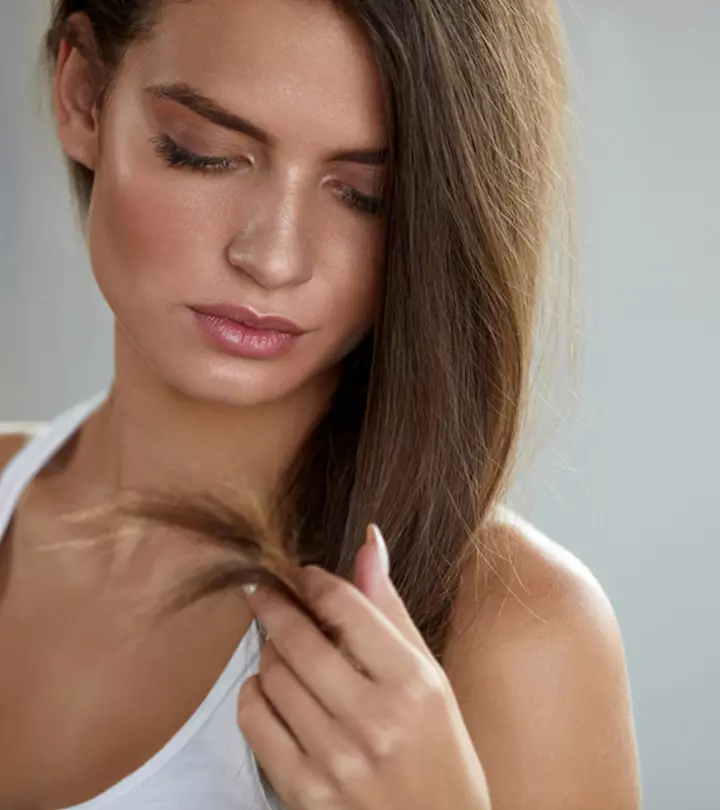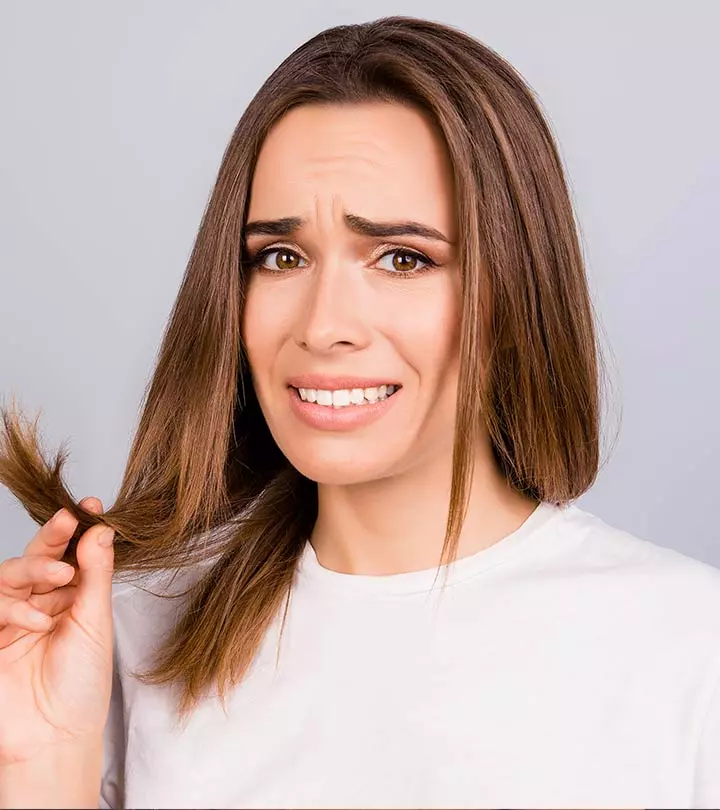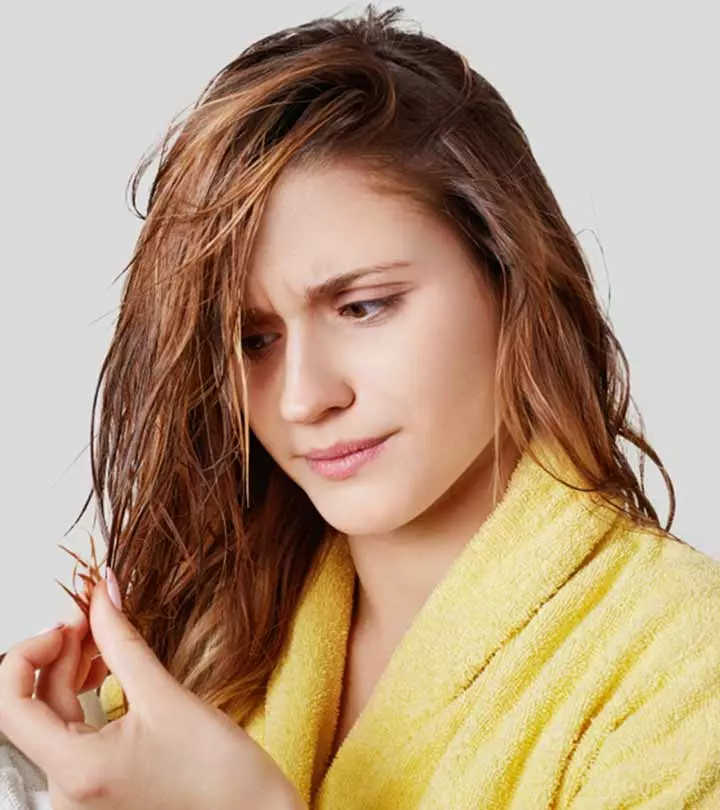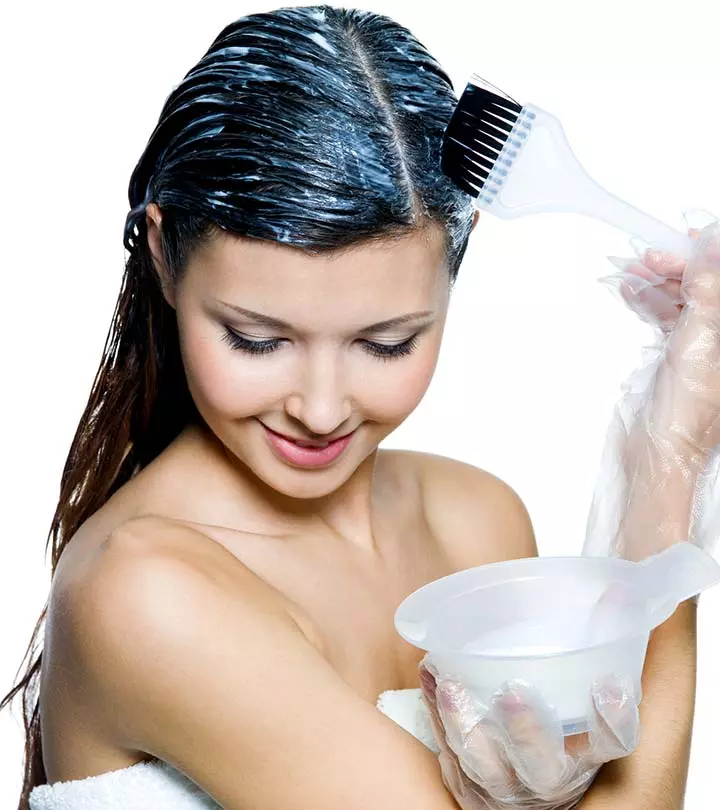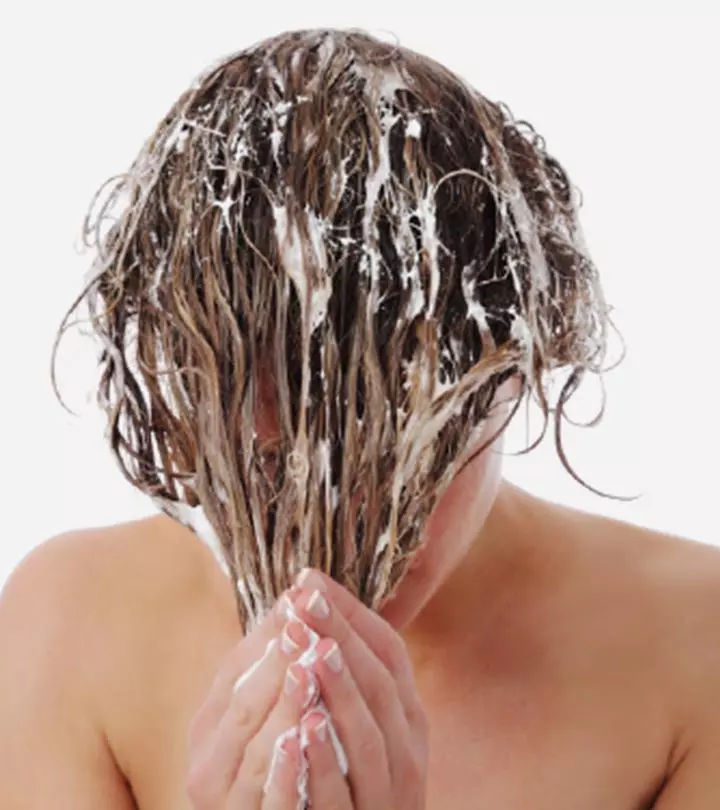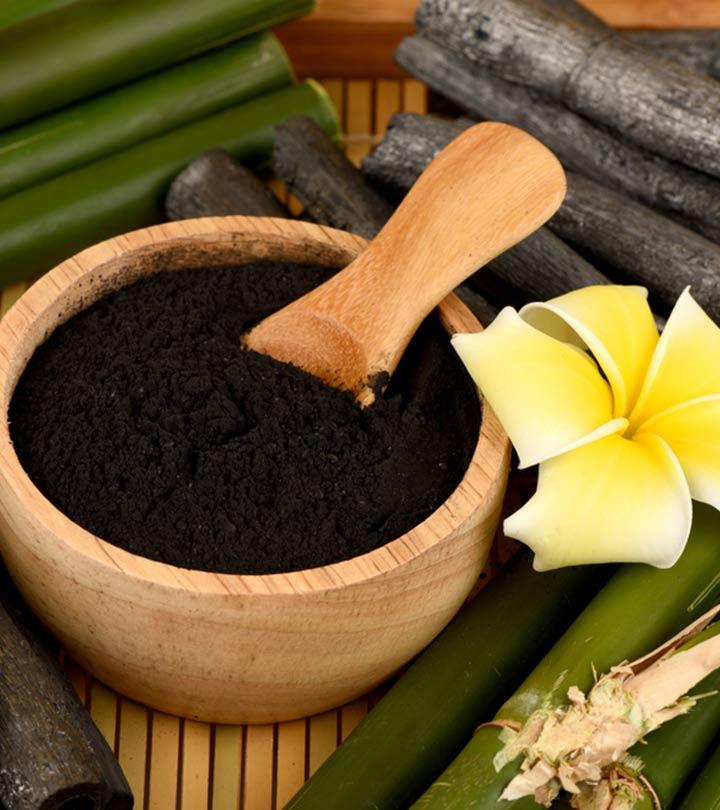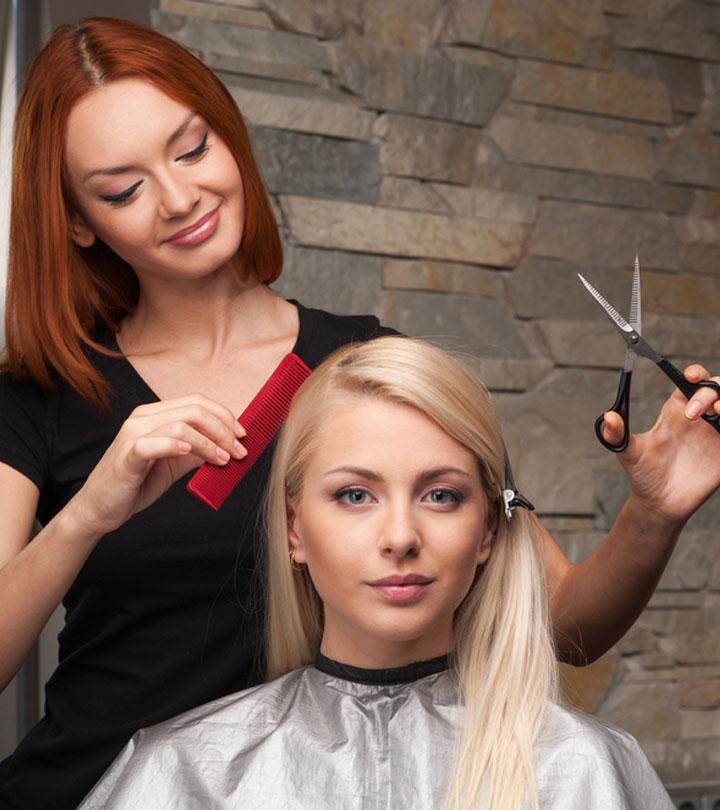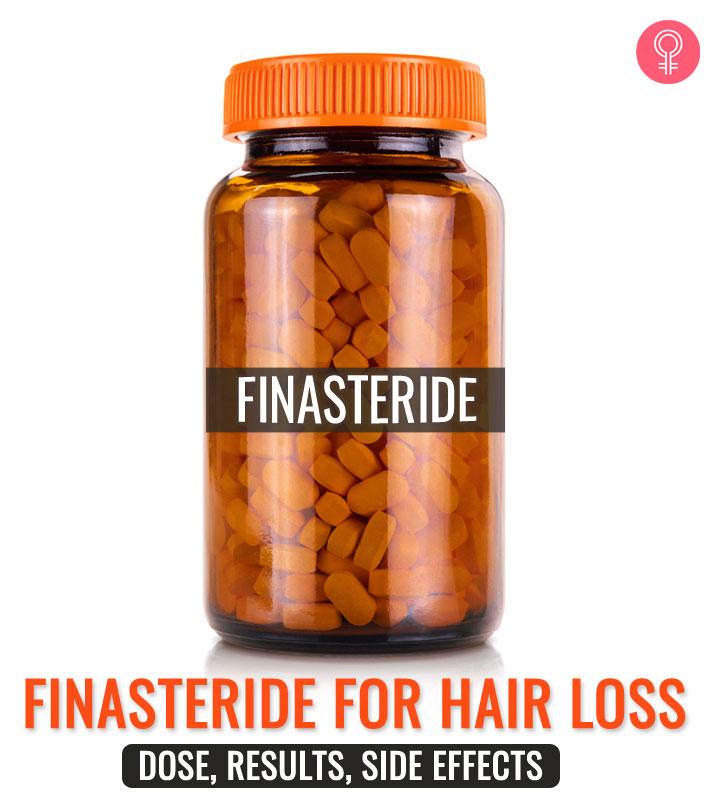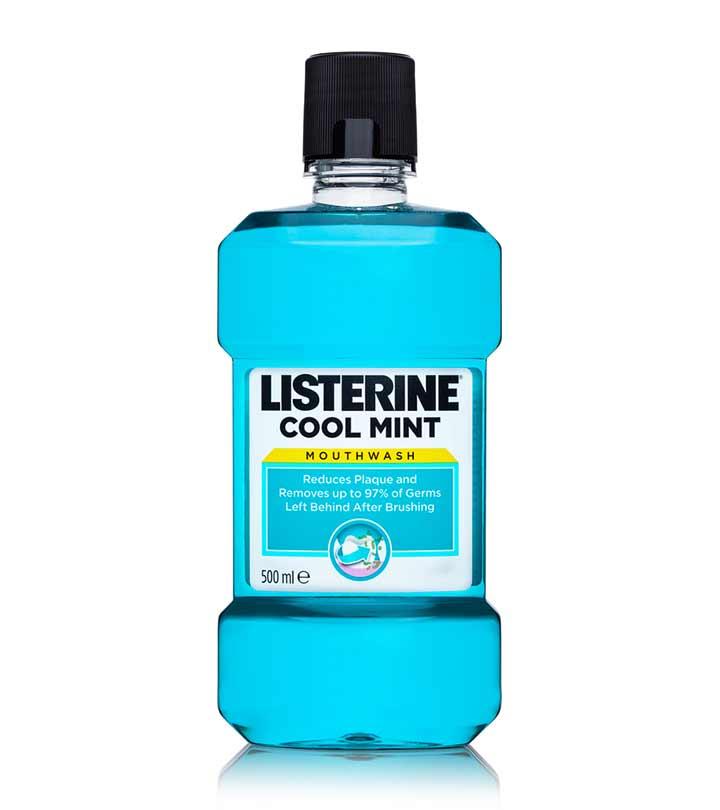How To Prevent Split Ends And Stop Ruining Your Hair
Say goodbye to split ends and say hello to healthy, lustrous and gorgeous hair
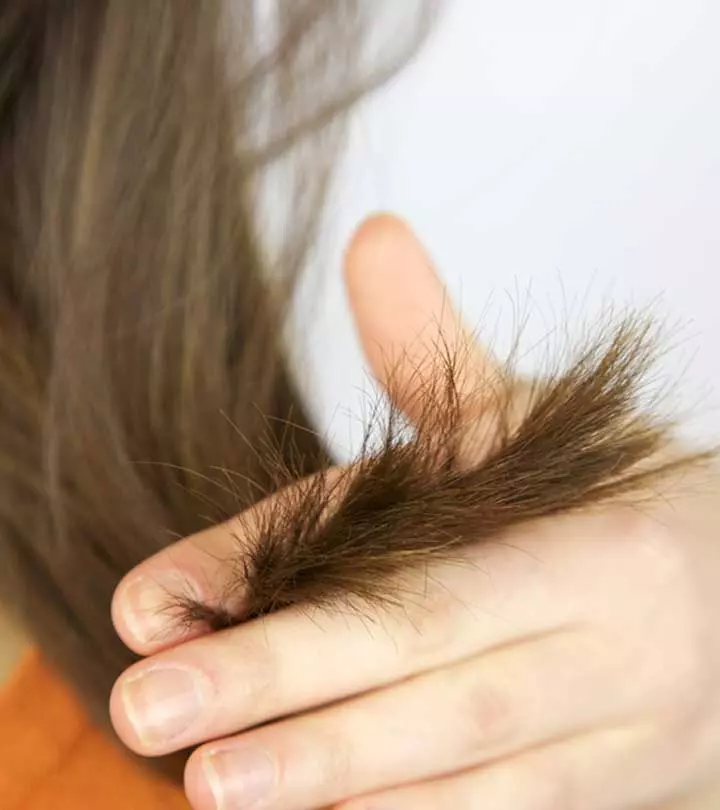
Image: Shutterstock
Long and flowy or short and sleek – no matter how beautifully you style your hair, frayed ends make it look unhealthy. Thankfully, there are steps you can add to your hair care regimen to prevent split ends from ruining your hair. Keep reading to know why your hair can split at the ends and what you can do to stop it from happening.
In This Article
Types Of Split Ends
Split ends are a common hair woe, and understanding the various types can guide effective treatment to prevent and reduce split ends. Here are some common types of split ends:
- Classic Split: In this type, the hair shaft divides into two.
- Fork Split: The hair shaft part ways in three strands.
- Tree Split: Multiple divisions occur at the tip of a hair shaft imitating a tree.
- Feathering Split: This type creates a feathery effect.
- Mini-Knot Split: Tiny knots form at hair tips.
- Single Strand Knot: Solo entanglement, seen in curly hair.
Why do split ends occur in the first place? Well, get a detailed insight on the causes in the section below. Check it out!
Causes Of Split Ends
Being aware of the causes of split ends can help you better prevent them.
- Heat: Anecdotal evidence suggests that regular use of heat styling products like blow dryers, straightening irons, and curling irons can damage your hair and cause split ends.
- Physical Damage: In its wet form, your hair might be stretched upto 50% naturally without succumbing to any damage (1). Hair stretched beyond 50% may get damaged. Combing your hair repeatedly and excessively while it is wet can result in split ends (due to the additional stretching that occurs while excessive combing).
- Chemical Damage: Chemical processes like artificial hair coloring, bleaching, and perming can cause your hair to become frayed, leading to split ends (2).
- Nutritional Imbalance: A nutritional imbalance causes hair damage and split ends (3).
Keeping these causes in mind, what can you do to prevent split ends?
5 Ways To Prevent Split Ends
1. Trimming
Trimming your hair once every 6 to 8 weeks will prevent split ends. Remember that if you wait any longer to get a trim, your hair shaft might split farther and make managing split ends difficult.
2. Oils
Oils fill the gap between overlapping cuticles and keep damaging substances from penetrating your hair. Oils also reduce split ends. They even boost natural hair shine and silkiness. They also keep your hair from getting stretched too much while combing. You can use argan or coconut oils to treat your hair and split ends.
- Coconut Oil: Studies show that coconut oil can reduce any protein loss in damaged and undamaged hair. The oil penetrates the hair shaft and nourishes hair from within (4). This nourishment may also reduce split ends.
- Argan Oil: Anecdotal evidence suggests that argan oil may penetrate the hair shaft and nourish it, reducing split ends.
3. Avoid Over Washing
Hair is vulnerable when wet. Excess shampooing on wet hair can cause split ends. Hence, avoid washing your hair too often. Do not use too much shampoo. Alternatively, you can also use a shampoo with moisturizing and revitalizing properties.
4. Avoid Any Form Of Heat
Keep your hair safe from the heat. Avoid hot showers or other heat styling tools.
- Hot Showers: Hot water, when used on hair, can cause loss of moisture. Wash your hair with lukewarm water (and then with cold water) to keep your hair safe from damage.
- Blow Drying: Using a blow dryer at the end of your hair may cause damage and split ends. Concentrating the blow dryer towards the upper length of your hair and the hair roots can reduce hair damage.
- Heat Styling: Using a heat styling tool on your hair exposes it to a significant amount of heat that might lead to hair damage. Hence, limit the use of heat styling tools. Should you use such a tool, also keep a heat protectant handy.
 Quick Tip
Quick Tip5. Use A Microfiber Towel
Wet hair is vulnerable and more prone to damage. Rubbing your wet hair after a shower might damage it further and lead to split ends. Hence, blot your hair with the use of a microfiber towel. This type of towel will prevent any hair damage or breakage. A microfiber towel is also convenient to use for drying your hair.
 Quick Tip
Quick TipYour hair health is largely determined by the type of food you eat. The right nutrients can make a significant difference.
What Nutrients (Foods) Help Prevent Split Ends?
1. Zinc
Zinc helps with the growth of the hair tissue. Hair loss is a common symptom of zinc deficiency (5). Consuming foods rich in zinc might help reduce hair loss caused by zinc deficiency (6). Anecdotal evidence suggests that zinc deficiency may also cause an itchy scalp and split ends. You can consume eggs, walnuts, and oysters.
2. Protein
Our hair is made from a protein called keratin. A balanced diet rich in protein is great for healthy hair. You may include protein-rich foods in your diet to keep your hair healthy and potentially prevent split ends. These include eggs, wild salmon, and quinoa.
3. Iron
Anecdotal evidence suggests that including iron-rich foods may help reduce split ends too. You may consume spinach, raisins, tomatoes, and parsley.
4. Vitamin E
Vitamin E has antioxidant properties that help keep your scalp and hair healthy (7). It may also prevent hair damage. Including sunflower seeds, olives, and almonds in your diet may help reduce split ends.
5. Biotin
Biotin deficiency may also cause hair loss (8). Anecdotal evidence suggests the nutrient may help reduce split ends. You can consume almonds, chard, and eggs that are rich in biotin.
Do Split Ends Prevent Hair Growth?
No, split ends do not hinder hair growth. However, they can affect hair length. If the ends of your hair break as fast as your hair grows, your hair may not grow in length.
Split ends plague your hair because of heat damage, physical or chemical damage, or a nutritional deficiency. The best way to prevent split ends is to keep trimming your hair regularly, applying oil to your hair and scalp, limiting heat styling, avoiding overwashing, and using a microfiber towel to dry your hair. To keep your hair healthy, you need to load up on essential nutrients like zinc, biotin, iron, vitamin E, and protein. These nutrients make your hair stronger from within, preventing any damage or breakage. The key to avoiding split ends is to maintain your hair and overall health.
Frequently Asked Questions
Can split ends be saved?
No. Split ends cannot be saved or repaired. The only way to save the rest of your hair is to cut off your split ends.
Why is my hair splitting in the middle?
When hair starts splitting in the middle of the shaft, it is a sign of weak hair. This could be due to overexposure to heat, chemicals, or pollution.
Does brushing wet hair cause split ends?
Yes. Your hair is fragile when it is wet. Trying to brush knots and tangles out from wet hair can turn it frizzy, thus leading to breakage and split ends.
Key Takeaways
- Regular use of heat styling products like blow dryers, straightening irons, and curling irons can damage your hair and cause split ends.
- Oils fill the gap between overlapping cuticles and keep damaging substances penetrating your hair.
- Protein-rich foods keep the hair healthy and potentially prevent split ends. “
Discover the varying types of split ends and some tips and tricks you can use to prevent them and keep your hair from breaking off. The video below offers practical solutions for daily hair care. Click play to know more!
References
Articles on StyleCraze are backed by verified information from peer-reviewed and academic research papers, reputed organizations, research institutions, and medical associations to ensure accuracy and relevance. Read our editorial policy to learn more.
- Hair fiber characteristics and methods to evaluate hair physical and mechanical properties
https://www.scielo.br/scielo.php?script=sci_arttext&pid=S1984-82502009000100019 - The impact of oxidative stress on https://onlinelibrary.wiley.com/doi/full/10.1111/ics.12286″>hairhref=”https://onlinelibrary.wiley.com/doi/full/10.1111/ics.12286″>https://onlinelibrary.wiley.com/doi/full/10.1111/ics.12286
- Nutrition and hair: deficiencies and supplements
https://pubmed.ncbi.nlm.nih.gov/23159185/ - Effect of mineral oil, sunflower oil, and coconut oil on prevention of hair damage.
https://europepmc.org/article/med/12715094 - Zinc: an essential micronutrient
https://pubmed.ncbi.nlm.nih.gov/20141096/ - Oral zinc therapy for zinc deficiency-related telogen effluvium
https://pubmed.ncbi.nlm.nih.gov/22741940/ - Effects of Tocotrienol Supplementation on Hair Growth in Human Volunteers
https://www.ncbi.nlm.nih.gov/pmc/articles/PMC3819075/ - Biotin and biotinidase deficiency
https://pubmed.ncbi.nlm.nih.gov/19727438/
Read full bio of Tere Pruett
Read full bio of Eshna Das
Read full bio of Swathi E





